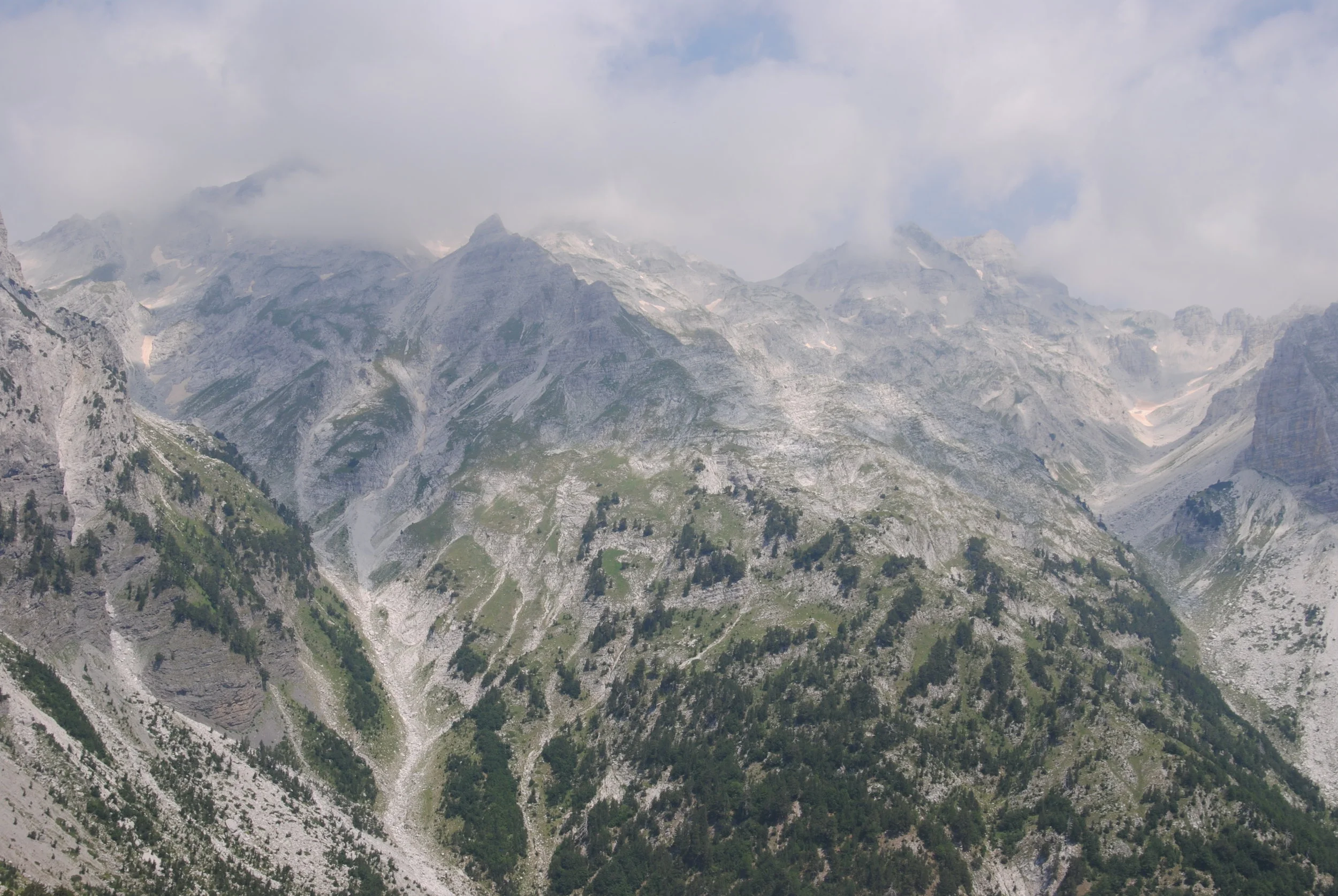Money talks are tough. Money is personal. It brings out the best and worst in everyone. People love to criticize how money is spent- it’s practically a national pastime in the United States. My intention is not to brag (and to be honest, I don’t think I have a ton to brag about. My husband and I could have made far better financial decisions given the privileged hand we’ve been dealt).
My goal is transparency and reflection on how we saved money before we quit our jobs.
TAKING A HARD LOOK AT YOUR CAREER AND YOUR SPENDING HABITS.
Know how much money you spend. Honestly, I had no idea how much it was until I crunched the numbers one gloomy Saturday morning after a gluttonous breakfast of biscuits and gravy with my housemates. I tried a couple different spreadsheets (one from a financial advisor we saw though never invested with). Ultimately I decided on the Society of Grown-Ups one for its simplicity and for covering the heaving hitting expense area in a way that made sense to me. There was some sticker shock. For me, it was the dry cleaning bills and how much we spend attending weddings.
HAVE AN EMERGENCY FUND
This is a fund that’s not in your 401K or anywhere you’d encounter a financial penalty to access it, or that’s not immediately accessible in an emergency. Full disclosure- I’m not a financial advisor. I can’t suggest how much that money should be (and there are different financial gurus that offer lots of advice). Suzie Omran suggests an eight-month emergency fund and Dave Ramsey suggests $1000 emergency fund and 3-6 months of living expenses saved. And if you tap into it, your first priority is to replenish it. You should have this regardless of having a career break or sabbatical.
THINK ABOUT WHAT YOU’RE GOING TO DO ON A CAREER BREAK OR SABBATICAL
Are you going to try to make some money with a side-gig project? Are you going to learn Spanish in South America? Are you going to live in artist’s retreat and work on a novel? Are you going to take cooking classes, programming classes, a meditation course, have a career coach? You might not have all those answers. What you end up doing will likely change during the journey (we ended up buying plane tickets while at the airport for a day of flight and we cancelled several flights to spend time with family). But plan to have the resources you need to realize the purpose of the career break. Have a sense of what you want to do and how long you want to do it for.
TALK ABOUT MONEY
I didn’t know how to talk about money. I felt it was hard to talk about it with family and friends and plan for it. Honestly, it felt selfish and arrogant and rude to discuss money. Instead, I sought advice from professionals- in particular a financial planner at Society of Grown Ups in Boston (I have no relationship with Society of Grown Ups, but I think their mission to help people realize their own financial goals, rather than make money selling you investments, is something to get behind). I explained to the planner our salaries, our investments, our goals in the next 1-2 years, 3-5 years, and long term goals. The planner gave me the advice I needed, tips on investments, and targets amounts for savings for taking a career break that would work for us.
OUR CAREER BREAK FORMULA
We had an emergency fund. We had a fund for our career break. I created a spreadsheet to help us track our career break expenses and keep us on target with how much we spent each day. I sought to over-budget. We also had a readjustment fund. We decided to calculate it for six months of our living expenses to be cautious and to help us not feel financially stressed during our sabbatical. Our (optimistic) plan with the money we don’t spend will be to invest it.
HOW LONG IT TOOK US TO SAVE
Considering all the funds: emergency, career break, and readjustment fund, it took us two years to save. The vast majority of our savings came during an eight-month sprint. The sprint started when we setup a special savings account with direct deposits from each of our paychecks and we cut down on our spending significantly. It accelerated the process. Also, before we left our jobs we maxed out our 401ks for 2016 (that helped us feel less behind in retirement planning).
FINANCIAL PLANNING: IN SUMMARY
We’re guilty of making poor financial decisions (e.g., my husband left his job right before law firms across the US announced big raises for all associates). We haven’t done anything perfectly. Far from it. But six months in, I’m happy to say it’s working out and we’re doing fine. We’re currently under budget for our break, which is helping us stretch our time, especially with the detours we’ve made. We’ve been able to indulge at times, to donate money when we encounter amazing NGOs, and to not stress out when we’ve had to make adjustments along the journey. But the economy is entering a shaky period. We’re going to need to hustle for work. It’s something we’ll start doing while on our break. Financial planning also never ends. But we’re learning along the way.
